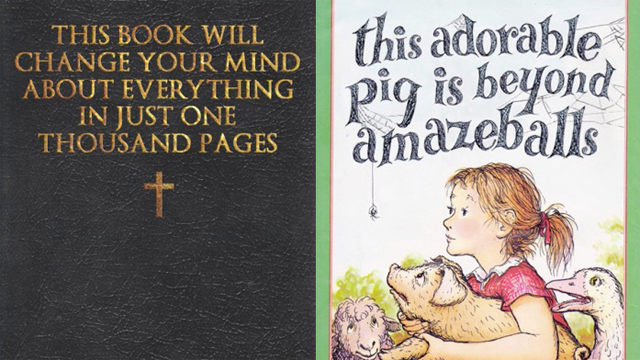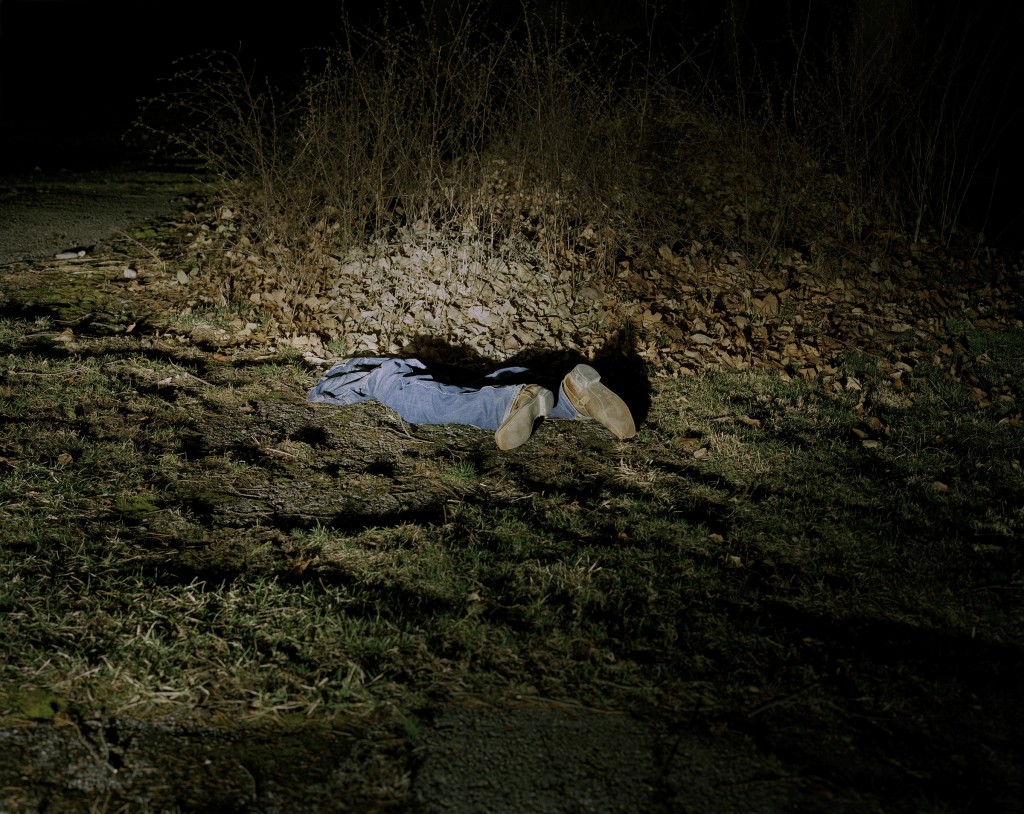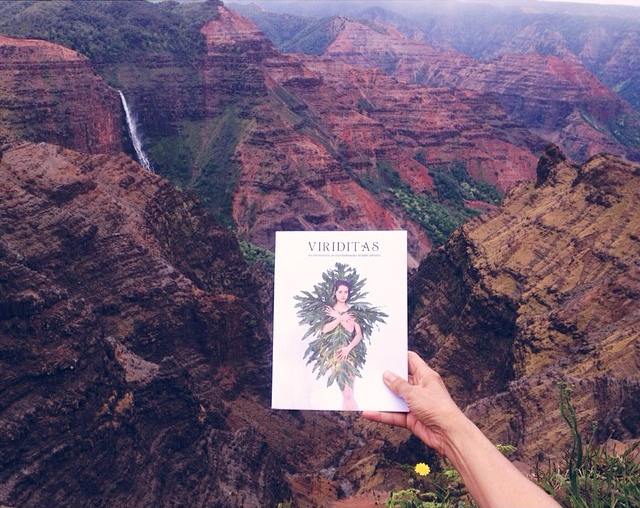
Reading has become a complicated pastime these days. Our beloved internet encourages a lot of weird habits that aren't really reading at all. We pretend we've read things we actually haven't. We use news articles as a vehicle to put forth our own witty comments. The internet certainly has its obscure and wonderful treasures that deserve our whole attention, but we are easily distracted. And then there's Amazon, that bloated bully, making it so easy and cheap for us to buy our books for one cent and have them delivered in an hour. How many of us would find it easier not to shop there if it were a big box store on the outskirts of town, if it were a place and not a glimmer on our screens?
What are we to do?
I've been known to obsess a lot about what I consume, making a pretty steady stream of vows about my habits and inclinations, which are then honored to varying degrees. Recently, I decided to only read internet articles I specifically search for, therefore hopefully avoiding the trap of clicking from one thing to the next until I've fallen into a vortex. Sometimes it's like I just trip and fall inside the internet. My concern is not just the what of my consumption, but also the how. How do each of my individual, tiny choices contribute not just to the welfare of my own brain and spirit but to larger concerns of cultural production and consumption?
Lately, these concerns have coalesced in such a way that I feel the need to act accordingly, not just be angsty and ruminate. If I want to live in a world where there is poetry, where I can cozy up in bed with my coffee and the newspaper, where I can buy books without selling my soul, then I have to make my choices in keeping with what I say is important to me.
Oh, the newspaper! Once a vital and most-immediate source of information (Extra, extra, read all about it!), it now feels nearly antiquated. Oftentimes, an article in the Sunday print edition of the New York Times is something I already read (half of!) a day or two before. But still, I deeply love the feeling of waking up Sunday morning and peeking out the door to see the newspaper waiting on my stoop. It feels magical, and strange, already nostalgic. I don't want to read my news this way just to be a Luddite contrarian. It feels like the information enters and is processed differently. Or at least my experience of reading is different, and maybe that's the crux of it, the part I can't argue with. Part of it is I literally can't click away from the newsprint in my hands. It turns out that, depending on my experience of reading, my attention span is just fine after all. But either way, whether your preference is print or screen, it seems we all ought to aim to read all of the words there.

Speaking of reading all the words, John Duvernoy's debut poetry collection, Something in the way//Obstruction Blues, published by Horse Less Press, arrived in the mail last week. Maybe it's the cumulative alchemy of all these written words appearing in tangible form on my doorstep lately, but I'm starting to feel like there are choices I can make as a reader and consumer that matter. Horse Less is a small press that often relies on pre-orders to make its books a reality, creating a direct and essential relationship between the publisher, writer and audience. John is an old friend, and his email that informed me of his exciting publication news and how to pre-order his book sat in my inbox for a while. It seemed tricky. I had to go to a website that wasn't Amazon and I had to buy the book and then wait many months for it to arrive. But I'm so glad I figured it out because when it finally did arrive, it made my brain feel like someone set a firecracker off inside it (in a good way). I read it in one sitting, turning back to certain lines again and again. It occurred to me that I would like my brain to feel like firecrackers are going off inside it more often. Also, in some small way, I helped this beautiful thing exist, which made reading it all the more special.


